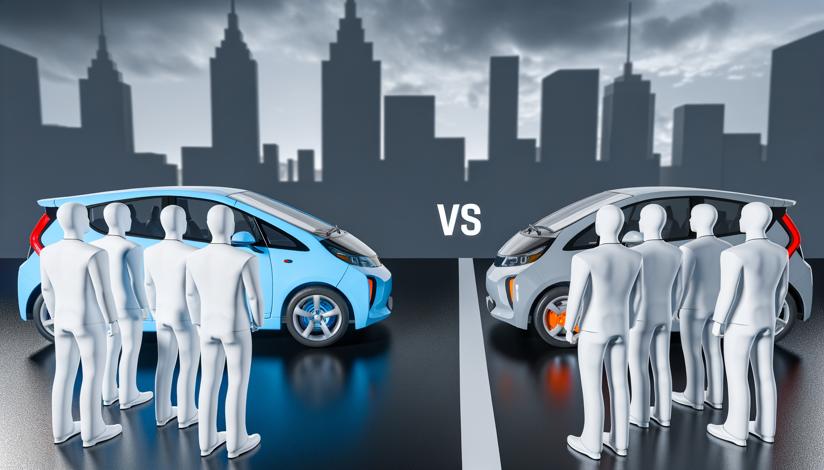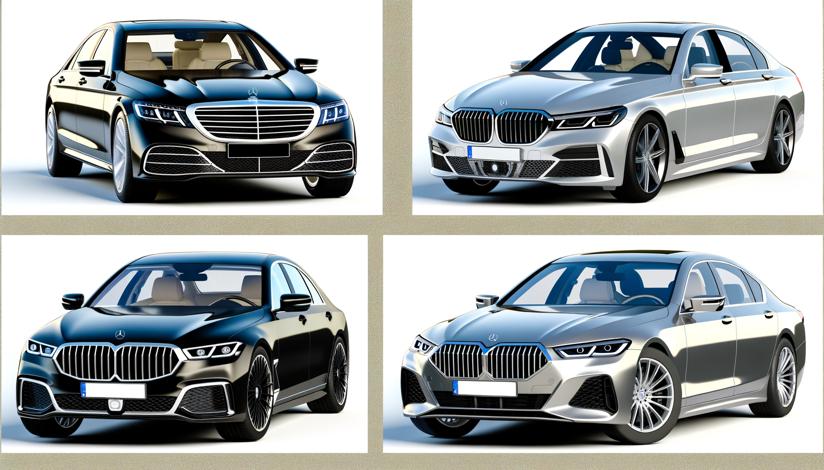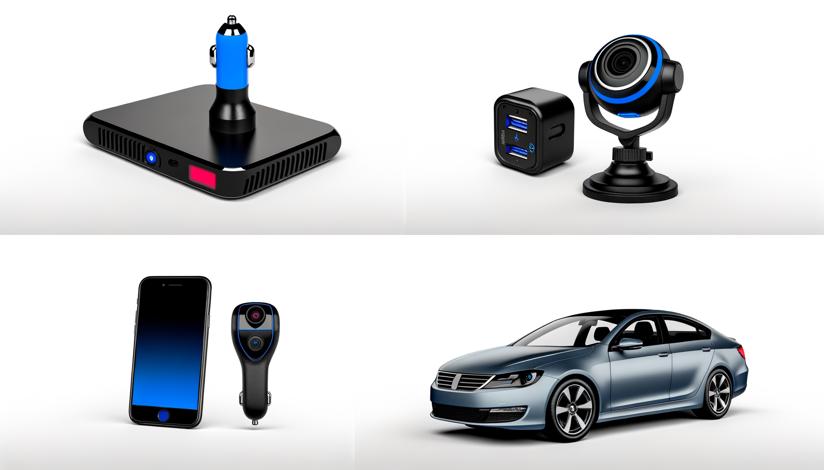

Electric cars are known for their eco-friendliness. They produce zero emissions, which means they don't contribute to air pollution or climate change. This is a major advantage for those who are concerned about the environment. Additionally, electric cars tend to have lower operating costs compared to gas cars. They require less maintenance and charging an electric vehicle is often cheaper than filling up a gas tank.
On the other hand, gas cars have their own set of advantages. They have a longer driving range compared to electric cars, which is a major benefit for those who frequently travel long distances. Gas stations are also more readily available than charging stations, which means you won't have to worry about running out of fuel. Gas cars are also generally cheaper upfront than electric cars, although the cost of gas and maintenance can add up over time.
In terms of performance, electric cars often have instant torque, which means they can accelerate quickly. This can be beneficial for those who enjoy speed and power. Gas cars, on the other hand, have a wider range of vehicle options to choose from. Whether you're looking for a small sedan or a big SUV, there's likely a gas-powered vehicle that meets your needs.
In conclusion, the choice between an electric car and a gas car ultimately depends on your personal preferences and needs. If you're primarily concerned about the environment and want to save on operating costs, an electric car may be the right choice for you. However, if you frequently travel long distances and prefer a wider range of vehicle options, a gas car may be more suitable. It's important to consider all factors and weigh them carefully to make an informed decision.

Eco-friendly
Lower operating costs

Limited driving range
Less vehicle options














-
https://www.energy.gov/eere/electricvehicles/advantages-and-challenges-electric-vehicles
-
https://www.consumerreports.org/used-cars/gas-vs-electric-cars-comparing-costs-advantages-and-disadvantages/




























